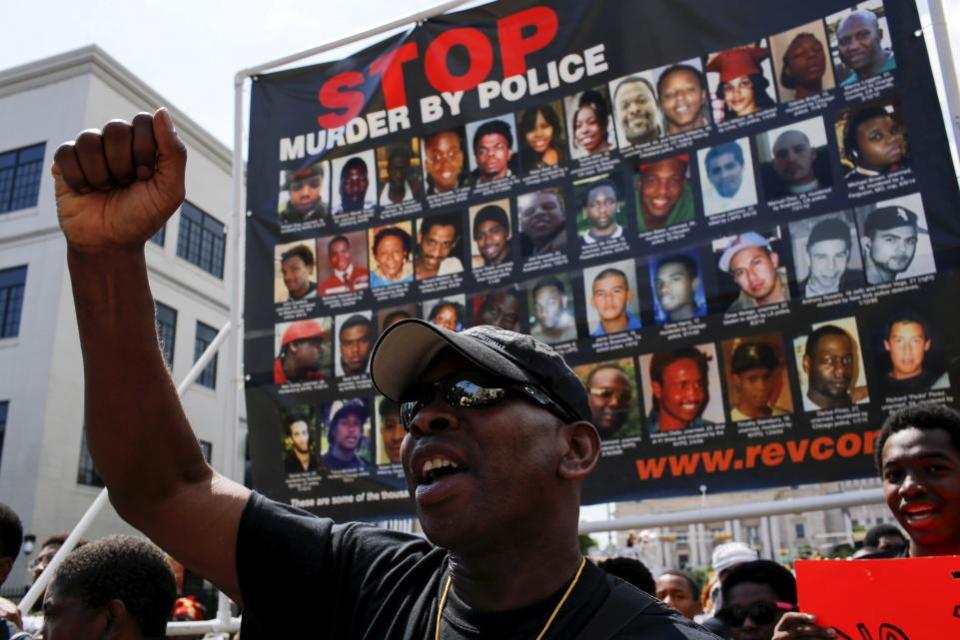Protesters March in D.C. to Demand Racial Justice
Simultaneous marches took to the streets of Washington D.C. on Saturday to take a stand against racial and social injustices.
The March for Racial Justice and the March for Black Women joined forces to protest “state violence” and sexual and domestic assault against black women and girls. From Capitol Hill, the groups marched together toward the Justice Department and to the National Mall in downtown Washington, D.C..
The marches, which are taking place in cities around the country, began organizing after the shooting and killing of Philando Castile by a police officer who was later acquitted of the charges, organizers told the Washington Post.

Organizers said they had planned to coincide with one another, as they have corresponding goals to address injustices facing the black community, specifically the challenges many black women face, The Washington Post reported.
"We call on every Black woman from every American city, every walk of life, every demographic to rise together within our differences and face our common oppressors," the March for Black Women said on its event page.
The marches on Saturday were targeted specifically to discuss the issues facing African American women, following the Women’s March that took place earlier this year. The march in January focused on women’s issues with record numbers marching to the nation’s capital after President Donald Trump was inaugurated into office.
Reports show that black and indigenous women experience rape, sexual or physical violence at much higher rates. According to the CDC’s National Intimate Partner and Sexual Violence Survey, 22 percent of black women and 26.9 percent of American Indian or Alaska Native women have been raped at some point in their life.
Homicides of African American women are also still significantly higher than most racial groups in the U.S. A 2009 report from the Bureau of Justice Statistics found in 2007 that black women killed in intimate partner homicides were twice as likely to have been slain by a spouse and four times as likely to have been slain by a boyfriend or girlfriend than white women.
There are also large racial disparities of women in jails as well. The Vera Institute of Justice fact sheet shows 44 percent of women who are in jail are black, and 86 percent of women in jail will experience some form of sexual assault during their sentence.
Marches also took place today in cities like San Diego, Portland, New York, Cincinnati, Atlanta and Phoenix.
Related Articles


